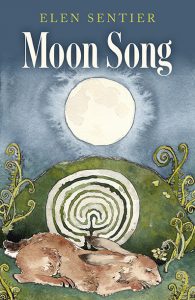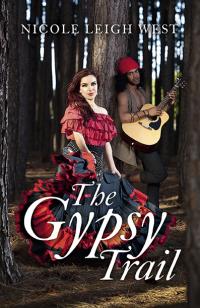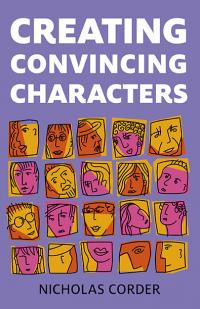
 This is something every writer has to learn to do and it’s the hardest thing. When you first
write your story or book or whatever it all feels wonderful and you’re likely sure it actually is wonderful … or at least hope that it is! But it won’t be. There will be all sorts of things
wrong.
This is something every writer has to learn to do and it’s the hardest thing. When you first
write your story or book or whatever it all feels wonderful and you’re likely sure it actually is wonderful … or at least hope that it is! But it won’t be. There will be all sorts of things
wrong.
Having climbed over the two major editing hurdles of typos and grammar we come to the nitty-gritty, the nasty bit. As you read through your work you have to be prepared to ditch things that really don’t work or don’t move the story on at all. This is difficult as usually we’re pretty fond of them. When writing, it’s very easy to leave in a lot of back-story stuff that was vital in getting the characters and the plot rounded and working but is probably going to be dull and boring to the reader who hasn’t journeyed with you all the way there. They probably don’t care about the heroine’s grandmother’s love affair with Prince Charming; for you, though, it was undoubtedly invaluable as you learned all about why the heroine is like she is through the history.
Unless such a story is absolutely vital to the plot leave it out. This is what I mean when I talk about killing your darlings. If you can manage to do as much of this as possible before it goes to the editor it will be far, far less painful for you. Having somebody else kill your loved ones, or even suggest killing them, tends to bring out the “you and who’s army?” in all of us. It’s also kinder to the editor too. They really aren’t the XYZ idiot you are probably calling them at the top of your voice when you get the manuscript back. And they almost certainly don’t have four left feet. And they really are trying to help you make the book as good as possible. If you do a lot of the killing for yourself first you get to feel less strongly about each of the precious ones the editor makes mincemeat of and can take it better. In fact you may possibly only need a large gin to handle it when she or he suggests cutting this or that paragraph which you thought was the bee’s knees.
I know. I’m absolutely terrible at hearing this kind of stuff from an editor. I need kindness and coaxing … the poor editor must be wishing me at the devil! I do try to do as much of this as I can myself before sending the thing off to her.
And I’m not sure it ever really gets better. It always seems to hurt. Having an editor you get on with, maybe even share an interest or two with really does help.
Ho hum! I think I’ll get the axe out and have another go at the latest manuscript …
Buy Paperback: AMAZON UK BARNES & NOBLE HIVE INDIEBOUND
Buy eBook: AMAZON UK BARNES & NOBLE HIVE
This article was first published in The Writer's Wheel Issue 3
Categories:
0 comments on this article







